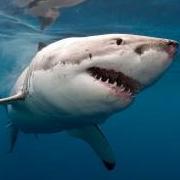-
Topics
-
Latest Update
-
0
-
0
WTG DD Jump Guard
Giving away above accessories have been use for 30cm by 30cm Collect at Sembawang Collect at 936twotwo119 -
0
WTS 3 x Jerry Can
Selling above 3 (1x 1litre, 1x 5litre, 1x 10litre) jerry can at $10 Use to storage DI water. Collect at Sembawang Contact me at nine36twotwo119 -
1
Decommission Sales
Hi there. Ur rodi system is how many stage? Sent from my SM-F926B using Tapatalk -
0
WTS Kamoer F4 Pro WiFi dosing pump
Check out 'Kamoer F4 Pro WiFi Dosing Pump', available at S$150 on #Carousell: https://carousell.app.link/DT8mtQDuBPb Sent from my SM-S928B using Tapatalk
-





Recommended Posts
Join the conversation
You can post now and register later. If you have an account, sign in now to post with your account.